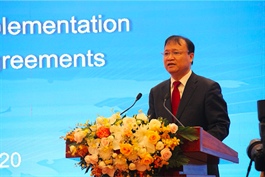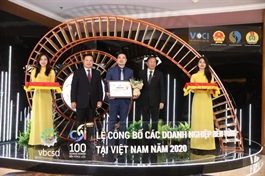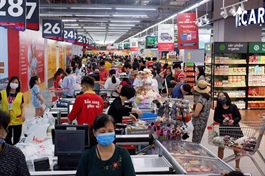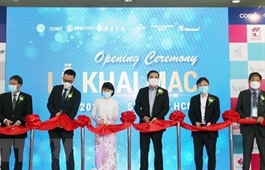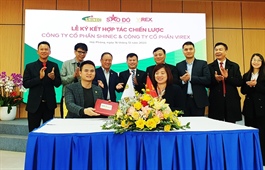Hanoi boosts renewable energy, power saving
Hanoi boosts renewable energy, power saving
Hanoi has issued a plan to boost the development of renewable energy for the 2021-2025 period with a focus on solar and energy-from-waste. The city has set a target of renewable energy accounting for one percent of its total primary energy by 2025.
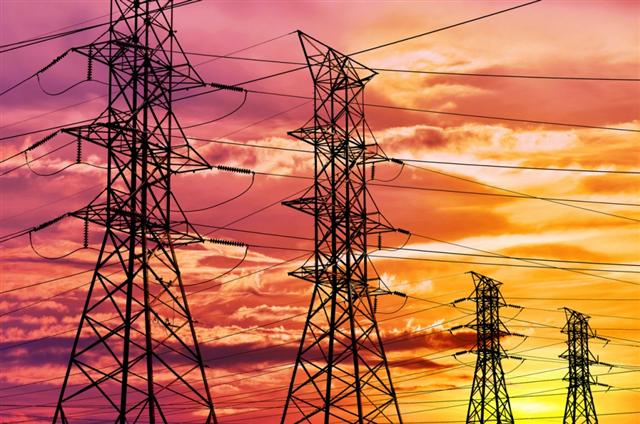
Reducing investment pressure on power sources and grids
|
Top priority
In 2019 and 2020, Hanoi’s industry and trade sector has promoted the dissemination of information about electricity demand management among power users, encouraging the gradual shift from traditional to smart electricity use and investment in rooftop solar power systems.
Information about the benefits of rooftop solar power is provided on billboards and in media campaigns, emphasizing solar power as a clean power source providing direct power for daily use and production. The excess solar power output generated is purchased by the power sector at preferential prices; using rooftop solar power helps reduce peak loads on the power system and pressure on investment in power grids, contributing to protecting natural resources and the environment. Families and businesses can profit from the excess solar power output, reducing their monthly electricity bills.
In early 2020, Hanoi launched the Earth Hour campaign for energy efficiency; encouraged organizations, enterprises and people to replace incandescent bulbs with LED lights. The city has directed districts and towns to raise public awareness of energy saving, environmental protection and climate change response through various forms of communications and education. Within just one hour, the Earth Hour campaign helped reduce power consumption throughout the country by more than 1.96 million kWh, saving nearly VND3.25 billion.
The city also prioritized the development of green energy models for key energy users in industry and construction. It also organized thousands of information sessions on energy-saving equipment for households and recognized energy saving households of districts and towns.
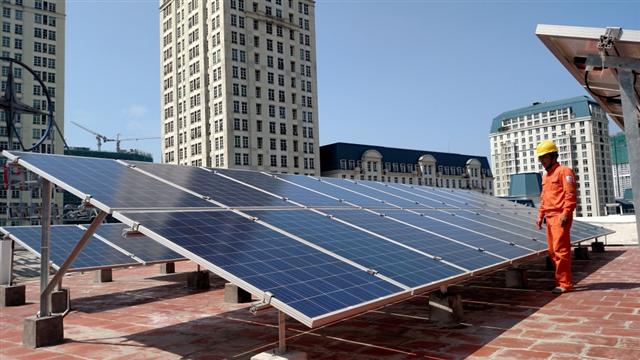
Encouraging people to use rooftop solar power
|
Changing perceptions and habits
The national electricity demand management programs of some countries such as the US, Canada, Poland, China, India, Brazil, Mexico and Thailand receive special attention and encouragement, resulting in very encouraging achievements. In Vietnam, the national program has also yielded some results for the development of the power sector, such as using energy-saving LED lights on roadways, in homes, offices and restaurants; performing energy audits, and labeling electrical equipment and vehicles.
In addition, through inspection and information programs, the city has guided production facilities and enterprises on serious implementation of the law on energy efficiency; tightened control and management of energy intensive and polluted projects; and protected the environment.
With a population of more than 10 million people, the demand for power in the city is very high. Therefore, ensuring stable power supply and improving its quality is an important task. In addition to expanding the number of participants in the national program on electricity demand management, Hanoi’s industry and trade sector will continue to encourage energy savings and clean energy sources; coordinate with research units to propose mechanisms and policies for the development of renewable energy sources suitable to actual conditions in specific areas.
Apart from directions from state management agencies, the joint efforts of households, citizens, schools, energy users and commercial households has a significant meaning in the management of electricity demand, contributing to energy security and sustainable development.







